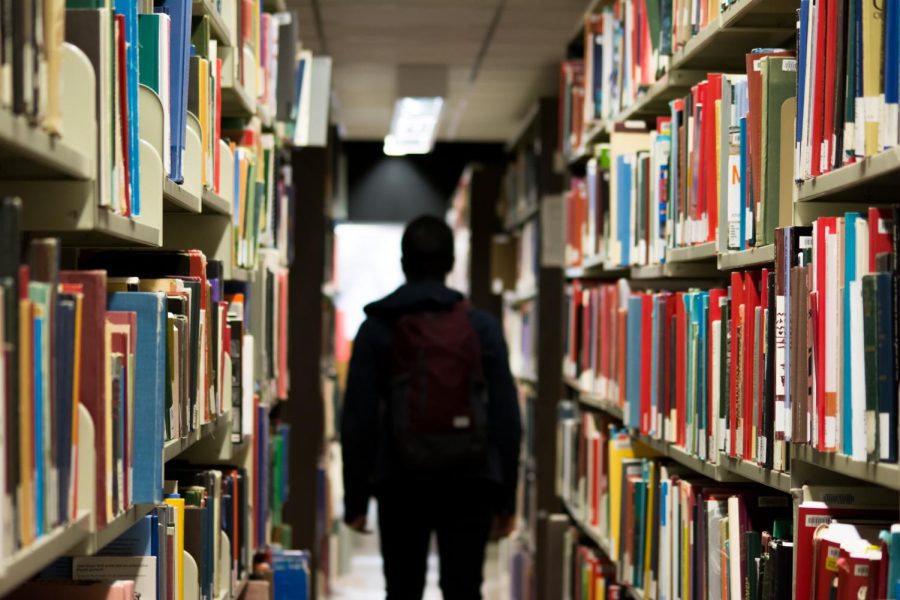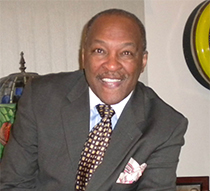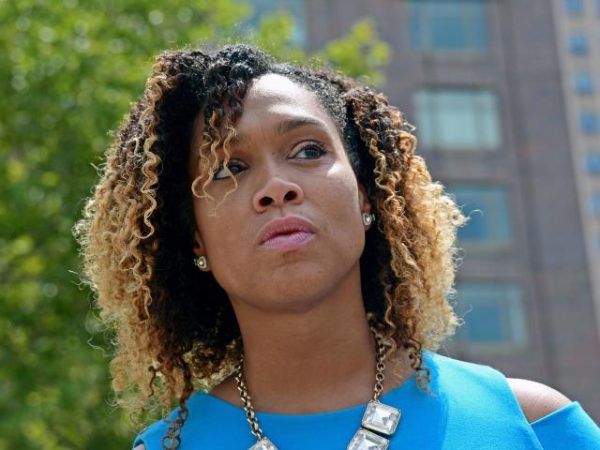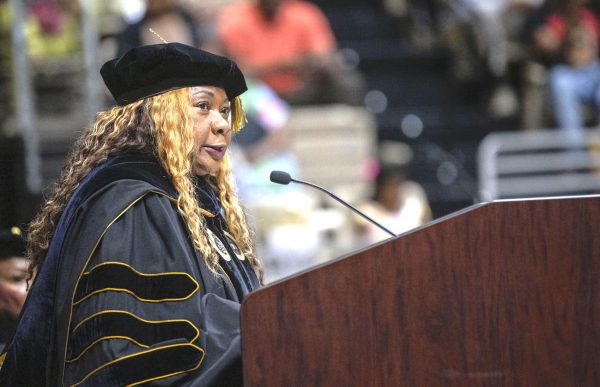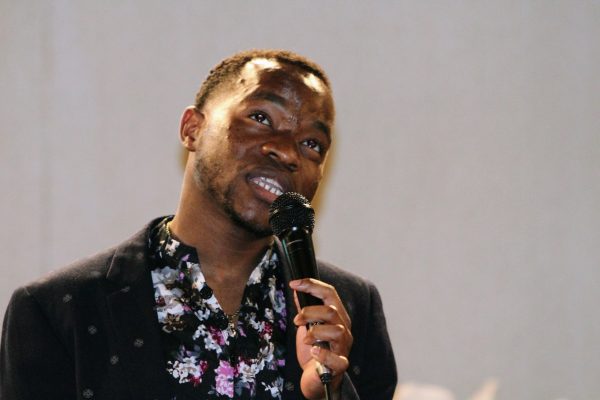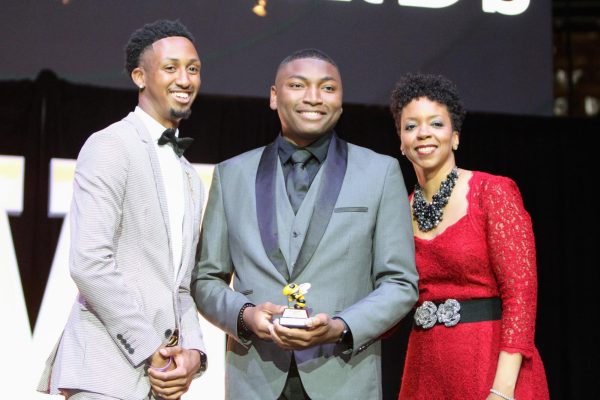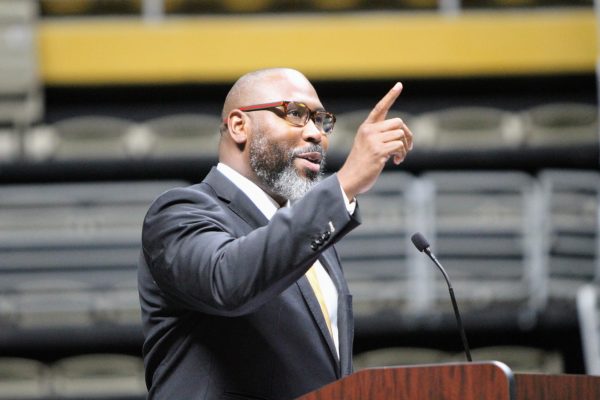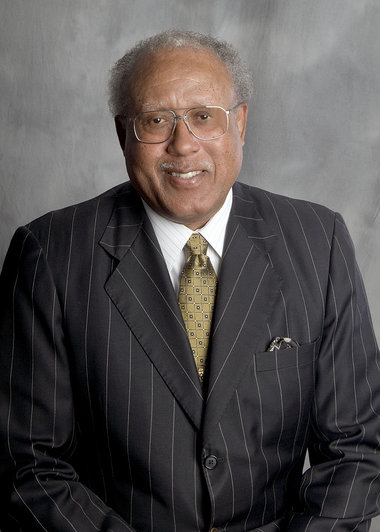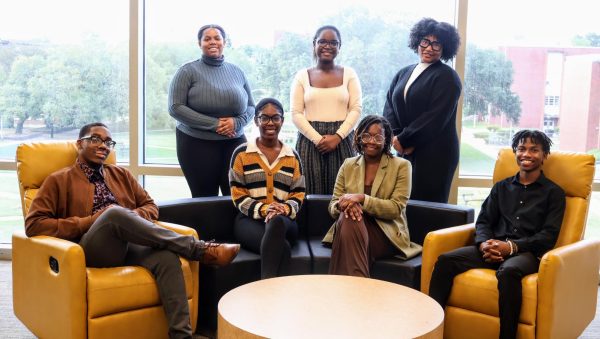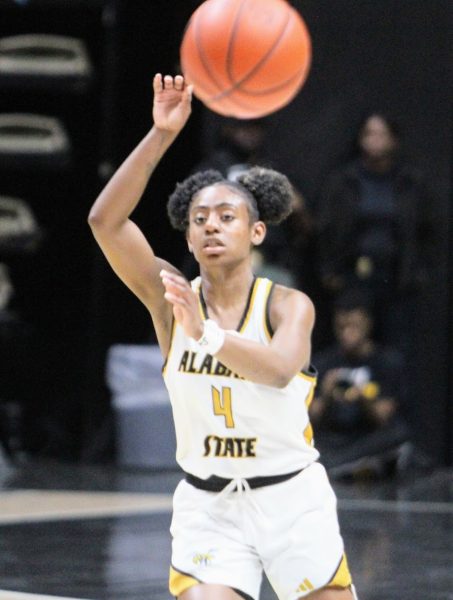Column: Are we students or are we student hostages?
January 23, 2022
As the Omicron variant of the COVID-19 virus takes the world by storm, the administrators of Alabama State University are taking great precautions. Their efforts are shown in a number of different ways but most recently by the removal of seating in the John Garrick Hardy Center. While I am undoubtedly grateful for their commitment to community safety, it seems that the true purpose of residing on a college campus is lost with each initiative. Therefore, I am forced to ask, “What was the point of us students returning for the spring semester?
Many medical authorities agree that the Omicron variant of COVID-19 is almost twice as transmissible as the Delta variant and nearly four times more contagious than the original virus. There are places in the U.S. where case numbers were higher at the end of 2021 than they were in 2020 before COVID-19 vaccines were even manufactured. According to The New York Times, on Jan. 16, one day after the beginning of classes, Montgomery, Alabama, recorded 1,637 new positive COVID-19 cases. Though that is a staggering statistic, it is only a fraction of the whopping 51,856 cases reported for the entire state on the same day. As this kicks off our fourth COVID-19 ridden semester, the spike in cases is a pattern we have seen before yet failed to control.
Several institutions announced that they would begin the next semester with virtual classes. Harvard announced that it would conduct most of its classes and work remotely for the first three weeks of January.
In some cases, remote classes were planned for two to three weeks. Alabama A&M University, Tuskegee University, Jackson State University and others decided to go virtual for the first two or three weeks. In others, the switch to virtual is scheduled for only a few days, presumably to give institutions time to both assess their local situation and to ramp up testing protocols.
Other schools were electing to delay the opening of classes next year.
In semesters past, the Hornet’s Nest adopted questionable approaches to battling the virus. During my first semester, in the fall of 2020, the campus gushed over the proactive health check monitors placed in high traffic areas. I recall walking into the Hardy Center and standing promptly in front of the camera to wait for the green signal that would grant entrance. With that technology and the mask mandate, I was sure that the campus would soon fully open, allowing for an authentic ‘Bama State’ experience. Unfortunately, that did not happen and is still yet to happen. Instead, the monitors marked the first of many guidelines that have gone unenforced and unproductive.
As time advances and no progress is made, the situation is increasingly frustrating. Though I do not blame the university for the pandemic, it seems as if we were not brought back to be students but instead as hostages.
The term “hostage” is defined as “a person given or held as security for the fulfillment of certain conditions or terms.” In this case, the conditions to be met would be the funding received and jobs created by having the quota of on-campus students met. The victims are the students, as we are being “held” instead of simply being “housed.” Though that change in terminology seems minimal, one represents constraint and control while the other represents shelter and support.
We are encouraged to take advantage of the school’s resources yet are discouraged from visiting study rooms or spending extended time in the library. We are encouraged to be engaged in classrooms, yet some professors prohibit speaking in an effort to minimize the possible spread. We are encouraged to collaborate and fellowship with peers but cannot due to either confiscated seating or thick plastic blockades. We are encouraged to get COVID-19 tested regularly, but only on select days and at select times when many are in class. We are encouraged to stay aware of the state of COVID-19 in our campus and community, yet the health center is often unresponsive, and when they are, they refuse to provide any statistical information.
From the students’ perspective, there are many inconsistencies within the administrative response to the pandemic. Fortunately, these conflicts could be easily resolved by providing open communication so that students could not only better understand the provisions but also express their grievances and challenges with them. If we are meant to be on campus, our voices should be heard, and our wishes should be taken into consideration. Not only are we adults that should be treated as such, but we are also educated students who deserve to benefit from the campus on which we reside, safely.


